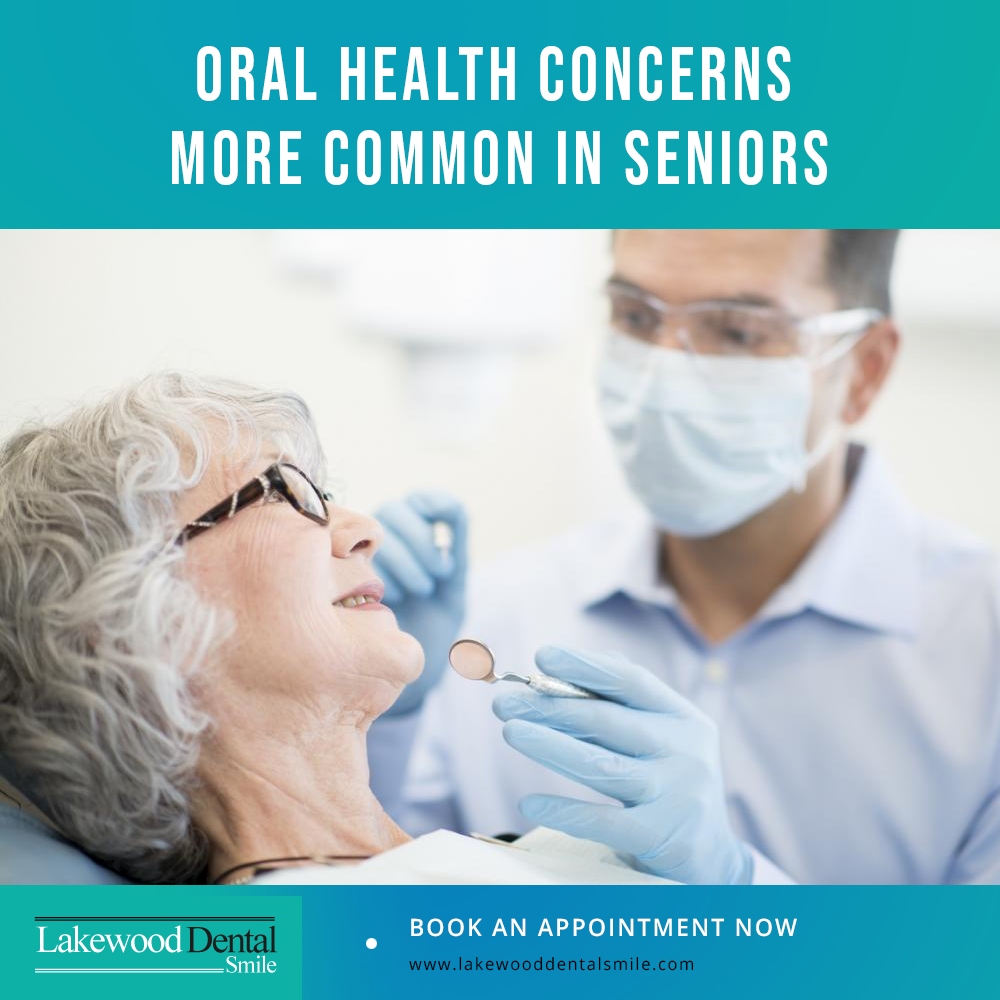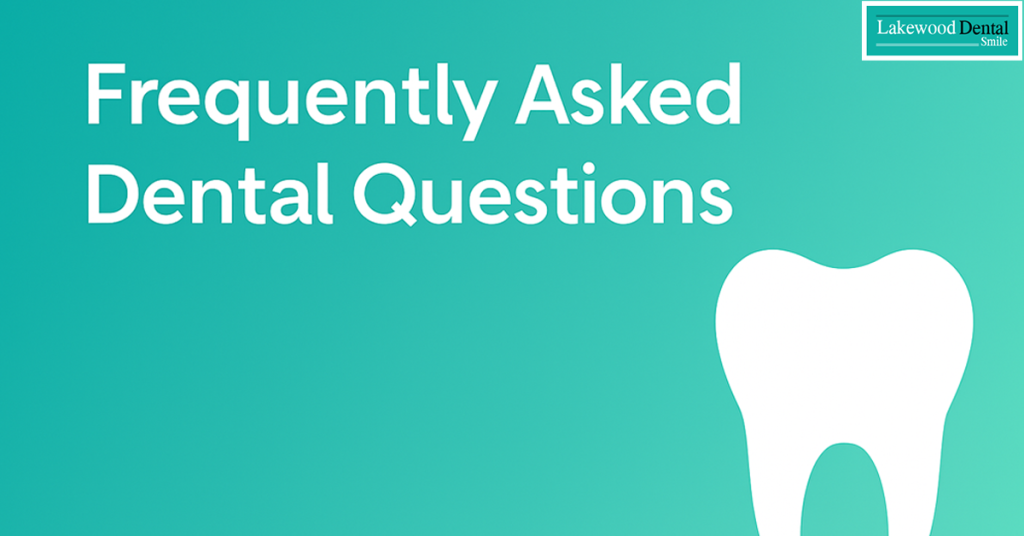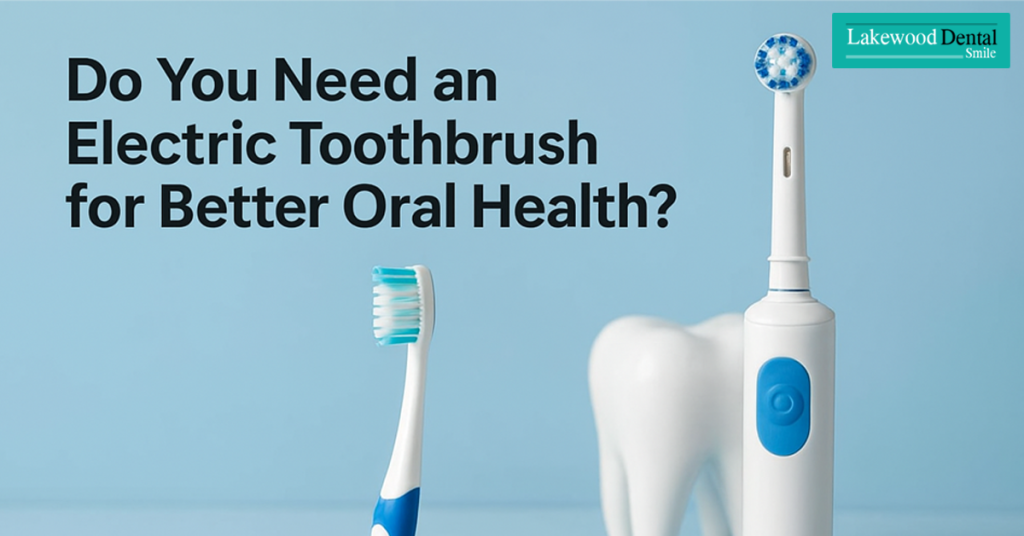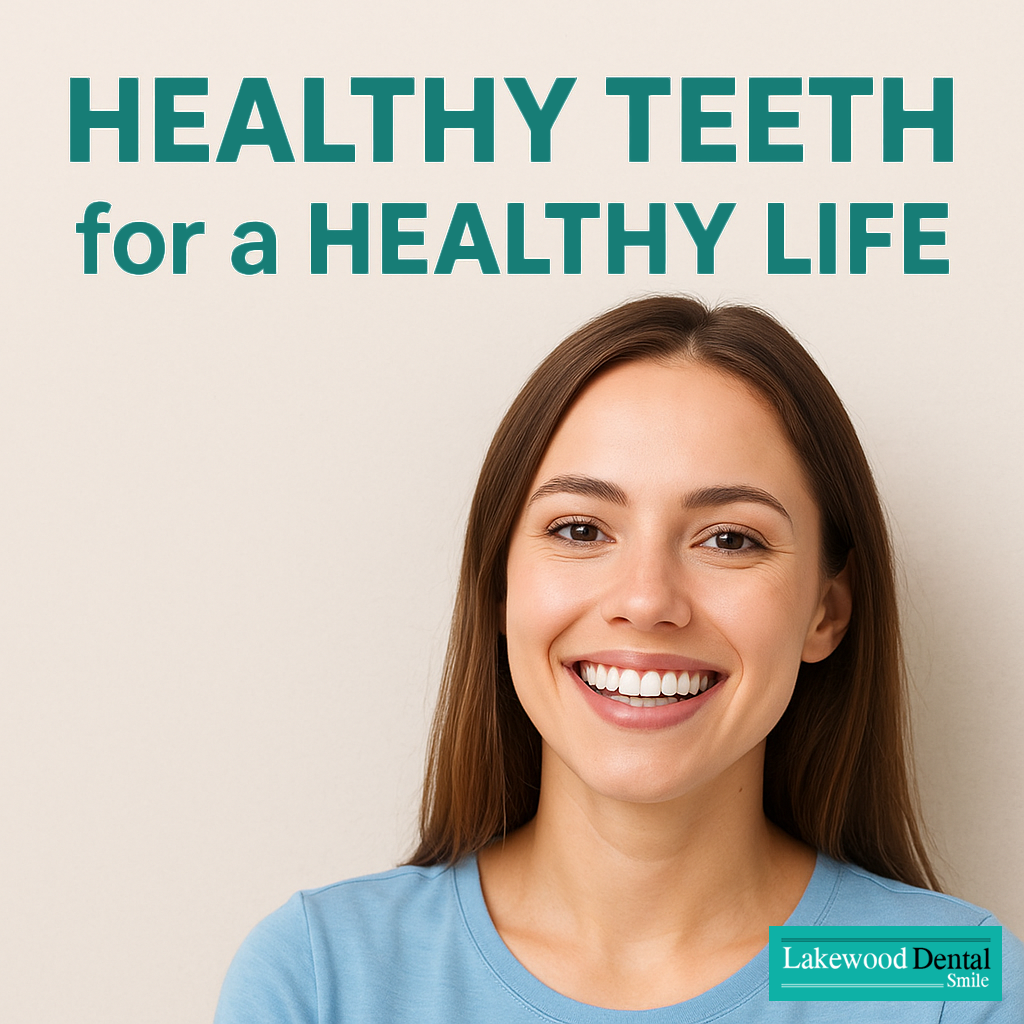Oral health in older adults is an essential part of overall well-being. As we age, our mouth undergoes many changes that can affect chewing, speech, and confidence. Dry mouth, gum disease, tooth loss, and discoloration are some of the common oral problems faced by seniors. Knowing these challenges early helps maintain a healthy, beautiful smile for life.
Let’s explore some of the major oral health concerns common in older people and practical ways to prevent them.

💧 1. Dry Mouth (Xerostomia)
One major concern in oral health in older adults is dry mouth, also known as xerostomia. It occurs when salivary glands don’t produce enough saliva. Saliva protects against cavities and bad breath and helps digest food.
Why it happens:
Older adults often take multiple medications—such as those for blood pressure, allergies, or anxiety—that reduce saliva flow. Certain infections or hormonal changes may worsen it.
Expert Tips:
- Stay hydrated throughout the day.
- Avoid caffeine and alcohol-based mouthwashes.
- Consult your dentist about saliva substitutes or sugar-free gum to stimulate flow.
😷 2. Bad Breath (Halitosis)
Bad breath is both unpleasant and embarrassing. Among older adults, it’s often linked to dry mouth, gum disease, or food debris trapped between teeth and dentures.
How to fix it:
- Brush twice daily and floss regularly.
- Clean dentures thoroughly every night.
- Visit your dentist to check for gum disease or cavities that might cause odor.
Proper management of oral health in older adults through hygiene and regular visits can significantly reduce this issue.
🦷 3. Tooth Loss
Expert Tips:
- Schedule professional cleanings every six months.
- Quit smoking and limit sugary foods.
- Consider dental implants or bridges for a natural-looking replacement.
Regular visits to your dentist can significantly reduce the chances of tooth loss, even in later years.
🍬 4. Cavities
Older adults are at increased risk of developing cavities, especially along the gum line or on exposed tooth roots. The combination of dry mouth, sugar intake, and aging enamel makes teeth more vulnerable.
Expert Tip:
- Limit sugary foods and acidic beverages.
- Use fluoride toothpaste and mouthwash.
- Maintain proper brushing and flossing routines daily.
Preventive dental care and early treatment can keep your teeth strong and cavity-free as you age.
🌿 5. Gum Disease
Gum disease (periodontal disease) is a slow-developing condition that becomes more serious with age. The buildup of plaque causes inflammation, leading to bleeding, receding gums, and even tooth loss.
Expert Tip:
- Use an antibacterial mouthwash to control plaque.
- Get professional cleanings every six months.
- Eat a balanced diet rich in vitamin C to support gum health.
Practicing good oral hygiene early in life and maintaining it consistently are key to preventing gum disease.
🌼 6. Tooth Discoloration
Even with good oral care, tooth discoloration naturally occurs with age as enamel wears down, revealing the yellowish dentin beneath. Lifestyle habits like drinking coffee, tea, or smoking can worsen the problem.
Expert Tip:
- Minimize dark-colored beverages and avoid tobacco.
- Get professional teeth whitening or cosmetic veneers from your dentist for a brighter smile.
A confident smile can make you feel youthful and positive, no matter your age.
💬 Final Thoughts
Aging doesn’t mean losing your healthy smile. Understanding these common oral health concerns in older adults and taking preventive steps can help maintain your teeth and gums for life.
If you experience persistent issues like dryness, pain, or bleeding gums, don’t delay your dental visit. The caring team at Lakewood Dental Smile in Dearborn, Michigan, offers personalized, gentle treatments designed to maintain comfort and oral health at every age. Their preventive and restorative care ensures that your smile stays strong, bright, and confident — for years to come.




